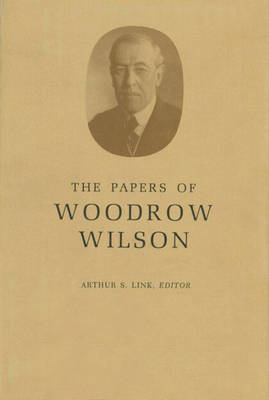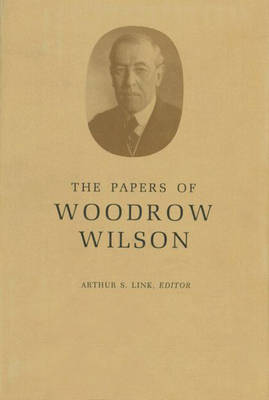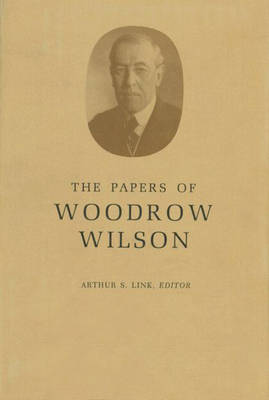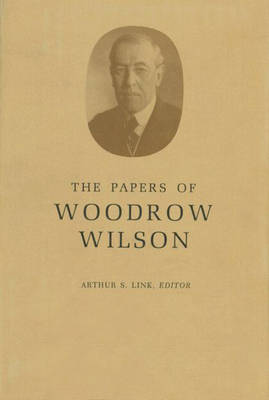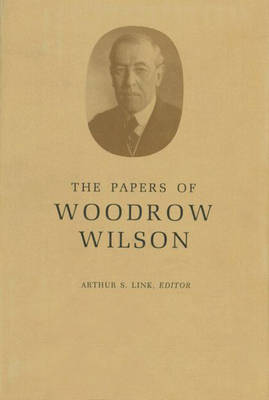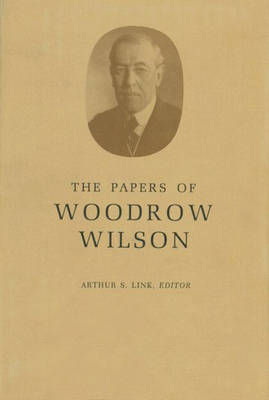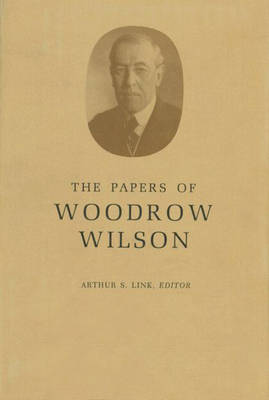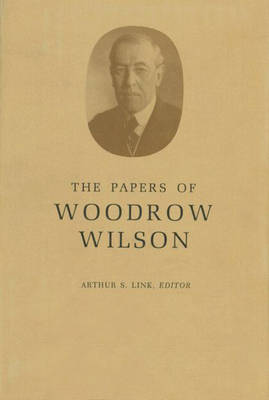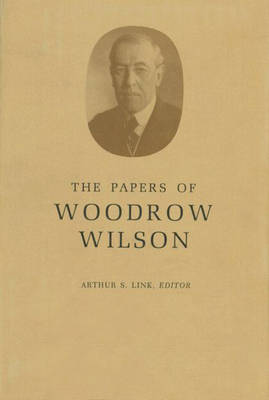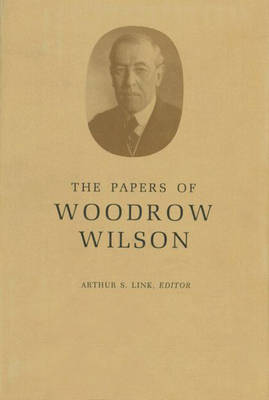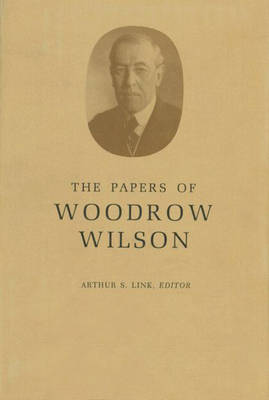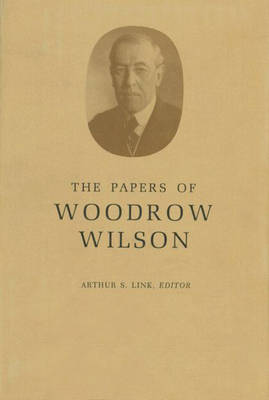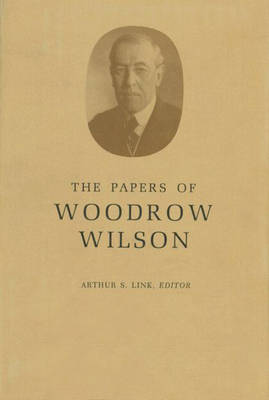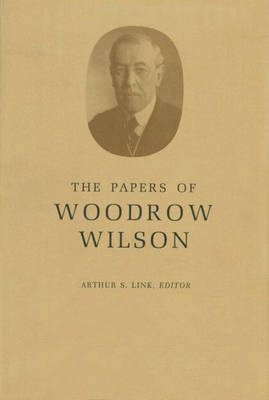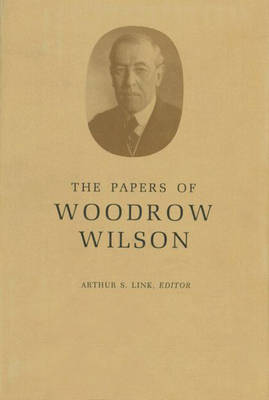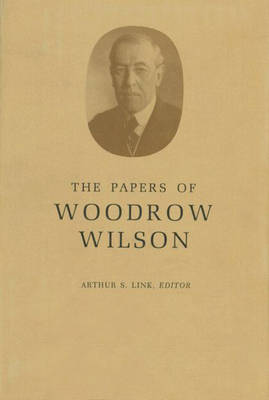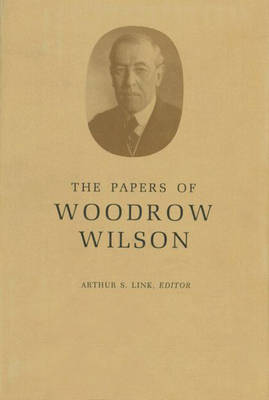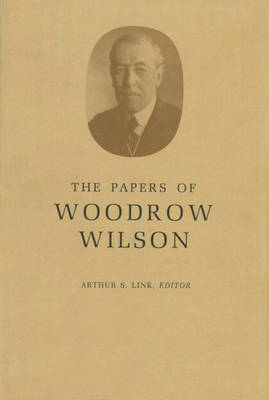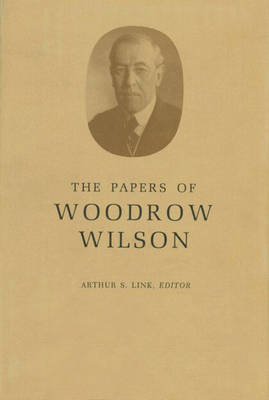Papers of Woodrow Wilson
66 total works
Yet, in a fit of anger, he decides on August 25 to embark on a month-long speaking tour on behalf of the League. As this volume ends, Wilson is still struggling with important domestic problems, and he and his party leave for what, in light of his precarious health, will be a journey with disastrous consequences.
This begins a six-week period of intense negotiation between the victors and the vanquished.
The result is that the final peace treaty taking shape constitutes the first step in the appeasement of Germany.
The incoming letters amply illustrate public recognition of the new leader, and Wilson's personal letters describe his family life and his reactions to political events and personalities.
Correspondence with the publisher chronicles nearly every stage of his work, while his letters to scholars and to the illustrator, Howard Pyle, yield considerable evidence of his methods of work and attention to detail. While growing in maturity as an historian, Wilson for the first time was thinking broadly about American historical writing and what further work needed to be done. His growing eminence in the profession is reflected in invitations from Johns Hopkins University to succeed Herbert Baxter Adams as Professor of American and Institutional History, and from Albert Bushnell Hart to contribute to the "American Nation Series" being planned for Harper and Brothers. The documents in this volume also disclose a man come to national stature in affairs, affirming America's civilizing mission as a great power while ardently defending the right of anti-imperialists who disagreed with him to speak and be heard. They show a leader of the faculty and a teacher idolized by students, and they shed much light, as earlier volumes have done, upon life in Princeton and the Wilson household.
In lectures on political liberty, morality, and expediency, we are given his prescriptions for a society still in the throes of a national crisis of confidence in the wake of the Pullman railroad strikes of 1894. With his delivery of "The Course of American History" in May 1895, and its publication later that year, Wilson emerged as a general interpreter of American history. In an address at the University of Virginia in June 1895, we find Wilson's first self-identification as a Southerner. He also continued his series of lectures on administration at the Johns Hopkins University in 1895 and 1896. Other speeches and documents present his reaction to events on the national and international scene well into the presidential campaign of 1896. During this period, Wilson engaged in a creative collaboration with Howard Pyle, the distinguished American illustrator, while writing the biography, George Washington.
Personal letters and other material augment our knowledge of several major events in Wilson's life during these years; the Wilsons planned and built a home of their own in Princeton; Wilson played an important role in a successful reform campaign against an entrenched political machine in Baltimore; he participated in New Jersey politics for the first time; and finally, he suffered a small stroke and made his first trip abroad-to England and Scotland.
Equally significant are the materials that illuminate Wilson's rise to first rank among American historians: his articles, "State Rights (1850-1860)" and "The Reconstruction of the Southern States," display his powers of generalization and interpretation and his command of clear and unaffected, yet evocative, historical prose. During this period Wilson was also maturing as a leader among the faculty at Princeton -- this aspect of his life is seen in papers relating to a statement of standards for graduate work and in a search for a new Professor of Politics which, incidentally, led him into interesting correspondences with Theodore Roosevelt. "When a Man Comes to Himself," Wilson's report of his address to the Philadelphian Society of Princeton, and other papers document a significant change in his religious beliefs during these years. Other, more personal documents included in the volume are a pocket record of Wilson's bicycle trip around the British Isles in the summer of 1899 and letters to his wife during two lengthy separations.
